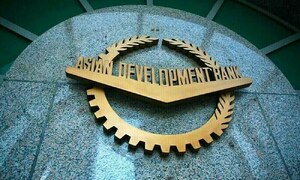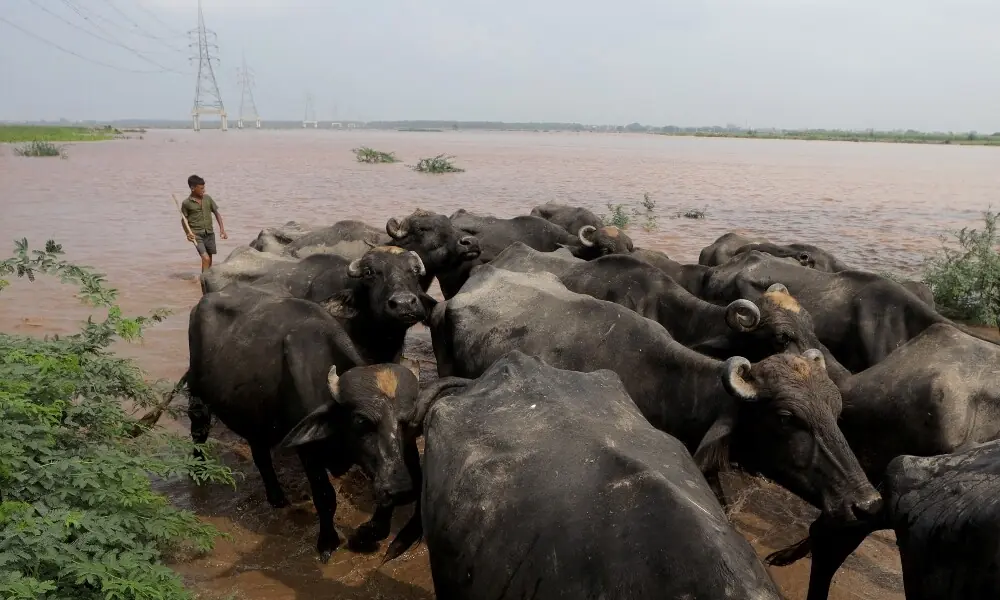Shared interests can do wonders. No surprise then that two major are honing in on a diplomatic endgame to Afghanistan's long war. As Yanks are leaving town, Hans are entering the fray. Exhausted and bereft of ideas, the former is seemingly not peeved about taking a back seat. The latter, meanwhile, is expending its immense politico-economic goodwill to bring order to a country better known for its warring tribes.
Yet Pakistan's role in resurrecting the negotiation triad (US and Afghan governments, and the Taliban) also deserves credit. Last week, a frenzy of news reports described top American and Afghan officials raving approval of Pindis recent push for a negotiated settlement next door. Meanwhile, relations between erstwhile Afg-Pak foes have "never been better," particularly after unity displayed post-Peshawar.
One can argue that the boys have waited too long to show their cards. That too much blood and money had been collateralized for that elusive reprieve the strategic depth. But thats the thing about divergent interests: they take time, and exact costs, before they align. Perhaps its time to play ball.
One can also argue that it was the Chinese disquiet, not the US dough which lately made the hard, lingering decisions easier for us. Reportedly, terrorist attacks happening in our beloved neighbours restive north-western Xinjiang region - occasionally extending as far northeast as Beijing - traced back to ETIM militants based out of North Waziristan.
However, it may be a broad-brush painting China over Pakistan's military operations and its open support for Afghan dialogue, as China-specialists like Andrew Small (author of "The China-Pakistan Axis", released January 2015) have recently speculated. The Chinese are indeed perturbed about their own separatist movement, but Pakistan's growing vulnerability to home-grown and foreign militants better explains the army brass's decisions in the last one year or so.
But the role of China cannot be ignored. China's domestic and regional interests are converging in Pakistan and Afghanistan. As the Chinese are engaged in mediation, securing peace will be the first step - inarguably a hard feat. Should peaceniks succeed, next will come the development phase. Connectivity across South Asia is a major part of the Chinese government's Silk Road Economic Belt project, which will reportedly connect Asia, Europe and Africa through at a cost above $40 billion.
The South Asian past is burdened with proxy wars and hostilities. It now seems that important lessons may have been learnt. Pakistan and Afghanistan have now disavowed each others enemies and both are going after the bad guys. This should be appreciated. Thankfully there won't be a superpower vacuum, as seen in Afghanistan of the 1990s, for China is willing and able to guide the reconciliation process.
Peace and development are shared interests, which should guide and unite the regional players. While Pakistan has shown intent against violent extremists, India must play its part by engaging in meaningful dialogue. That may be the only way to eliminate the need for proxy wars, which have so often engulfed Afghanistan as well. Going forward, these three nations will have to keep terrorists out of their soil.
BR100
15,085
Increased By
112.5 (0.75%)
BR30
44,012
Increased By
987.7 (2.3%)
KSE100
148,618
Increased By
1274.3 (0.86%)
KSE30
45,248
Increased By
370.7 (0.83%)





















Comments
Comments are closed.